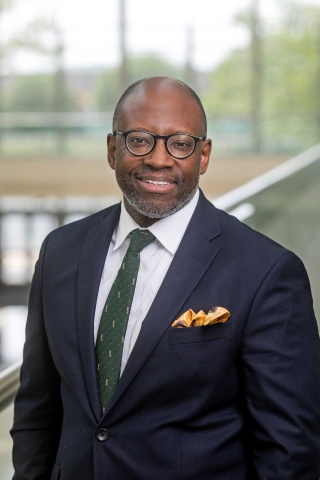For many, black history month means the celebration of American blacks' progress since the 1950s. But two aspects of pre-civil rights-era black history — strong men and strong families — will have to be recovered if we wish to have any black history in the future. The current crisis of masculinity, marriage, family, education, and moral formation among many blacks demands immediate attention before more generations fall through the cracks.
An ancient fact of human civilization is that marriage and family serve as key pillars of civil society. In the black community, as in much of America, the idea of marriage is dying. The latest census figures show that by age 34, 41.5 percent of black men remain single compared to 24.9 percent for Asians, 28.2 percent for Hispanics, and 28.1 percent for whites. This fact is set against the unsurprising finding, reported in a 2005 report by the Institute for American Values, “that marriage clearly appears to promote the economic, social, familial, and psychological well-being of African American men and women.”
Black life in America is also continually threatened by abortion and HIV/AIDS. We live in an era in which 43 percent of all black pregnancies end in abortion and, according to a February 2006 Black AIDS Institute report, of the estimated 1.3 million Americans living with HIV/AIDS nearly half of them are black. Sadly, between 2000 and 2003, blacks were 51 percent of new HIV diagnoses followed by whites at 32 percent and Hispanics at 15 percent.
Tragically, more black men pass through the criminal justice system than through America's college and university system. In Baltimore, for example, 52 percent of black men in their 20s are either incarcerated, on parole, or on probation. Imagine what type of city Baltimore would be if 52 percent of black males were instead college graduates or in college or graduate school?
Additionally, Historically Black Colleges and Universities (HBCUs) now primarily educate black women, with the female-to-male ratios at most schools approaching two-to-one. Howard University's female population, for example, is 64 percent of its student body; Hampton University's is 61 percent; Florida A&M's is 57 percent.
In 1985, Leanne Payne wrote a provocative book titled Crisis In Masculinity that applies to black men now more than ever. The sources of the crisis are many: welfare programs' encouragement of broken families and irresponsibility; the post-1960s declining influence of the black church; the emasculating agenda of black feminism; and the addictions of materialism, consumerism, anti-intellectualism, and radical individualism. The consequence is that we are slowly approaching the possibility that there will be progress only among the black elite and the rest will be left behind, enslaved to dependency or incarceration.
Black feminists such as Bell Hooks in We Real Cool: Black Men and Masculinity, continue to spew the pathetic myth that much of the impending demise of the black male is due to “imperialist white-supremacist capitalist patriarchy.” In Hook's vision, true masculinity has little to do with righteous male leadership in the home. “I don't need a man” is the feminist mantra that creates a context wherein generations of black male youth go unfathered, unchurched, unprotected from abuse, and left to be raised by law enforcement or the foster care system.
Hooks does not trust the traditional black church, bemoans male aggression, and disdains the free market (even though she makes a living in the market, selling books, and lecturing). The solutions to the present crisis, however, begin precisely in those areas Hooks rejects. If black men returned to the black church which has served as the backbone of black people since slavery, and adopted the brilliant and economically liberating “Declaration of Financial Empowerment” developed by Black Enterprise Magazine, for example, it would change America forever.
Caricatured black male aggression is not a problem to be solved but a powerful trait to be directed toward its destiny in love. Wherever black males are lovingly raised to fight aggressively for what is true, noble, pure, and admirable, we will find great marriages, stable families, a love for learning, moral formation, economic wisdom, and a platform of empowerment that would catapult black America beyond the dream of Martin Luther King.











